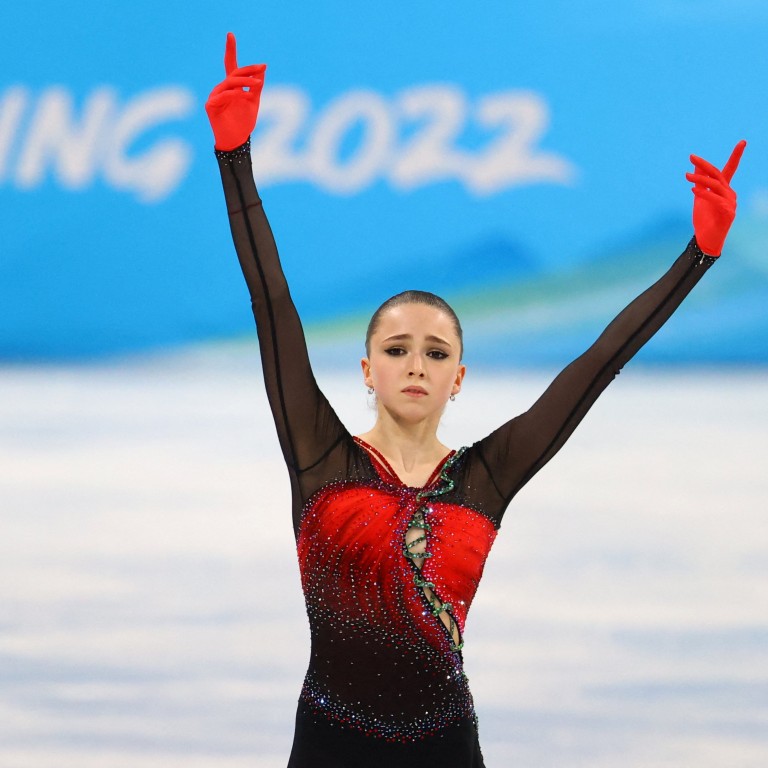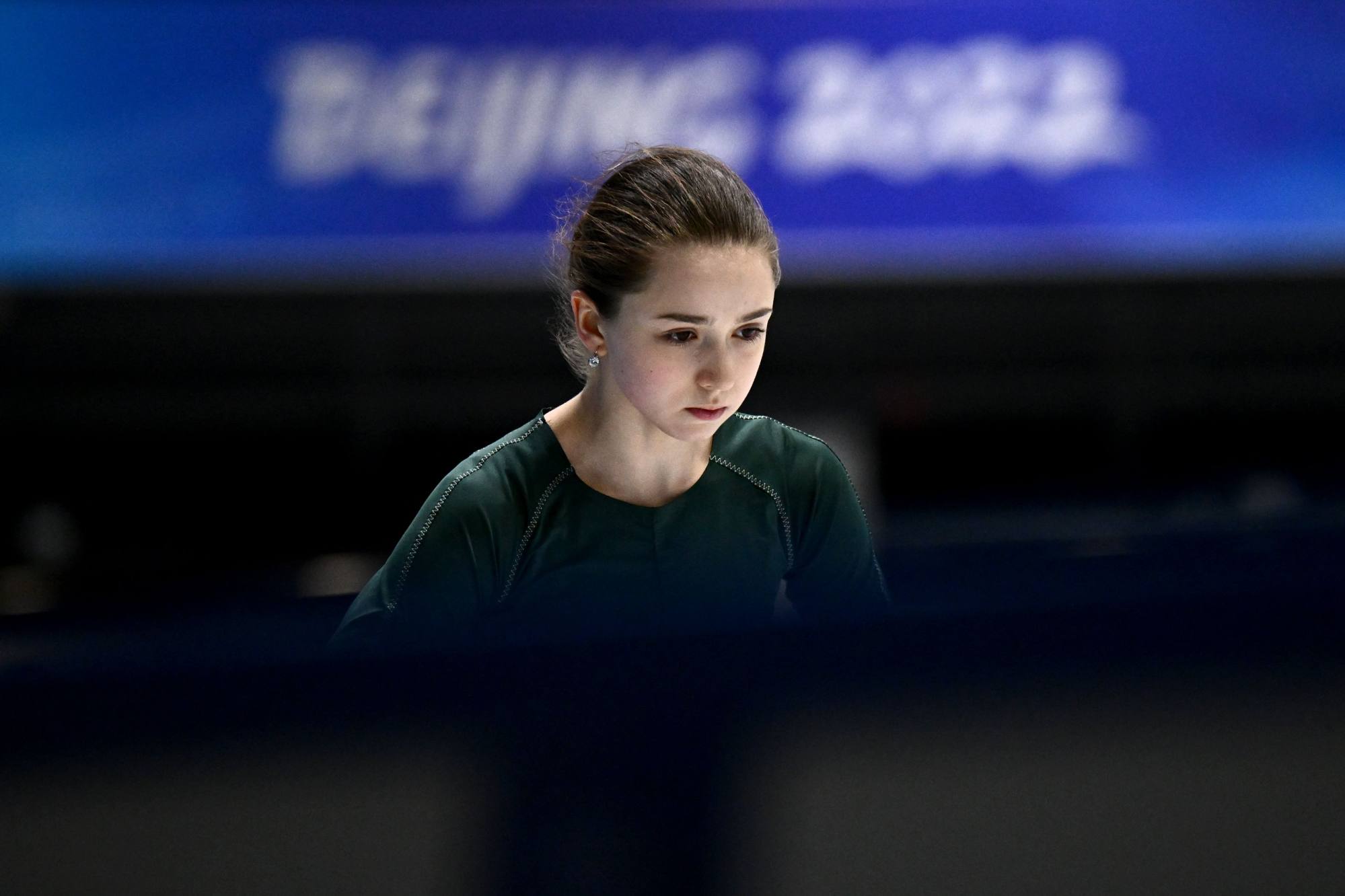
After Kamila Valieva doping scandal, figure skating officials vote to raise minimum age for senior competitions to 17
- Russian 15-year-old caught at centre of storm at Beijing Winter Olympics after testing positive for banned substance
- International Skating Union reacted after questions were raised over whether rules needed to changed to protect minors
The International Skating Union Congress has voted to gradually raise the minimum competition age for senior figure skating competitions from 15 to 17.
Valieva’s case prompted questions over whether the minimum age for competitors in figure skating needed to be raised to protect minors.

“The ISU Congress voted in favour of gradually increasing the age limit from 15 to 17 years for the sake of protecting the physical and mental health, and emotional well-being of skaters,” the ISU wrote on Twitter.
“There will be no change for the season 2022/23, an increase to 16 years for the season 2023/24 and an increase to 17 years for the season 2024/25 and subsequent seasons.”
The decision was not unanimous, with 100 countries voting in favour and 16 against. A two thirds majority, 79 votes, was required for the motion to be passed.
Valieva, who turned 16 in April, had failed a doping test at the Russian national championships last December but the result was only revealed on Feb. 8, a day after she had helped the Russian Olympic Committee (ROC) win the team event at the Beijing Games.
She was cleared to compete in the women’s singles event in Beijing by the Court of Arbitration for Sport, but stumbled to fourth place with an error-laden free skate.
“The life of an athlete is short and intense, their experience in this short phase sets the platform for the rest of their lives -- physically, spiritually emotionally,” Canadian skater and ISU Athletes Commission member Eric Radford said.
“While I hear the concerns of certain nations about the immediate difficulty that they might face with this proposal being passed ... is a medal really worth the life of a young athlete?”

